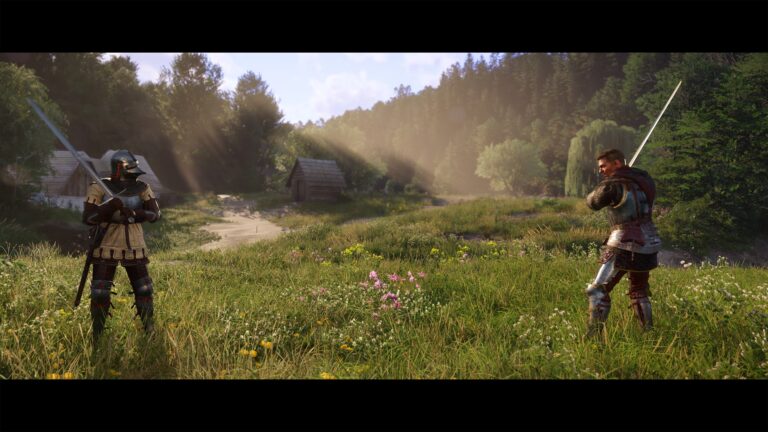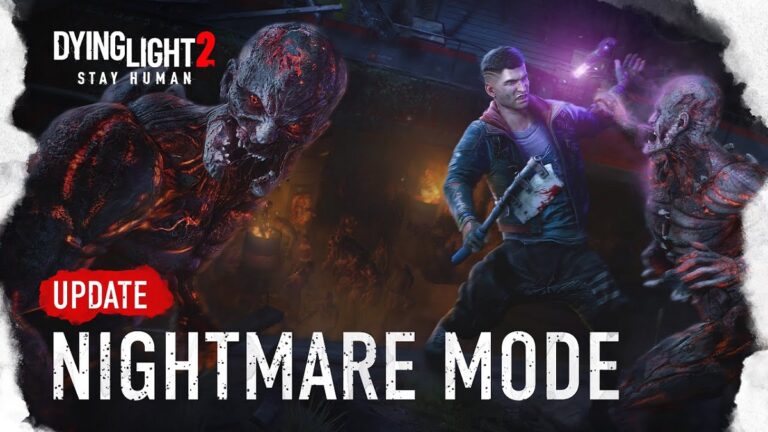Microsoft has long had a blind spot among its repertoire. Past the Xbox 360’s early years with Lost Odyssey, Blue Dragon, Tales of Vesperia and The Last Remnant’s failed attempts to capture Western audiences, Microsoft–for all intents and purposes–abandoned Japanese support. Moving into the next generation, however, they’re positioned to atone for past wrongs.
Current-Gen Stumbles
The Don Mattrick years were some of the Xbox brand’s darkest times. Mattrick was the man leading the company at a time when the Xbox One was planned to have DRM with a focus on multi-media entertainment features over gaming. This is the same man that said the Xbox 360 was the platform for gamers that didn’t want or couldn’t attain some sort of internet connection. The hardware’s ability to run games wasn’t the differentiating factor; it was the internet connection. Sure, Mattrick.
He can’t be attributed as the reason behind Microsoft’s diversion to Japanese studios. He didn’t become Xbox President until three years after Blue Dragon, two years after Lost Odyssey, and a year after The Last Remnant’s Western release. The original Xbox wasn’t a Japanese goldmine, either. However, his leadership tainted the brand’s relationship with consumers and Eastern studios.
Microsoft didn’t begin course correcting until a few years after Phil Spencer took the role in 2014 from Jason Holtman’s six-month stint. The generation’s first Guilty Gear game was a Sony exclusive with later Arc System fighters launching across Microsoft and Sony platforms. Other seeds came in the form of ports, such as Ys Origin, adding features not in the PS4 version.
Current-Gen Resurgence
These were moves in the right direction, but it was the Xbox One X and Game Pass that signaled the start of Microsoft’s Japanese resurgence. Games such as Jump Force and Shining Resonance Refrain were enhanced for Xbox One X, running at native 4K. Despite the land of the rising sun’s greater affection toward Sony’s console, the Pro lacks support across these and many other games. Yakuza 0 and Yakuza Kiwami never got Pro patches despite releasing in North America after the Pro’s launch and neither did the Final Fantasy 10/10-2 Remastered package. As far as Gaming Instincts can tell, Valkyria Chronicles 4 shows no signs of PS4 Pro support either, whereas the Xbox One X enhances all the aforementioned titles.
It’s an odd role reversal. The Xbox One X is more powerful so most would assume the X versions would look better, but the lack of Pro support altogether across so many major Japanese titles has been concerning. In addition to stronger mid-gen refresh support than its competitor, Microsoft’s Game Pass push has placed many Japanese games in the spotlight. Bringing every Final Fantasy game released on modern platforms to Game Pass in addition to the Kingdom Hearts franchise and Yakuza, a property so intrinsically linked to PlayStation, shows commitment on Microsoft’s part.
It doesn’t end there. This year’s Tales of Arise is the first entry releasing on an Xbox console since Vesperia’s 2008 release. Considering Tales of Berseria didn’t feature PS4 Pro support, don’t count on a Pro-enhanced Arise experience; meanwhile, Xbox One X will likely have an upgraded version.
Positioned for Next-Gen
This continued support bodes well for the upcoming generation. Microsoft hasn’t budged on its stance, considering the Xbox team toured Japan early this year to speak to Japanese studios. This visit aligns with many of Microsoft’s next-gen announcements.
Scarlet Nexus, while multiplatform, was announced at a Microsoft event. This isn’t the first time Japanese games were shown during Microsoft events under Spencer’s leadership, but the fact that they’re still pushing into that market instills long-term confidence.
Yakuza: Like a Dragon released in Japan on PlayStation 4 in January this year, with Microsoft securing a major deal for its Western release. This holiday season, Like a Dragon launches across Windows 10, Steam, Xbox One, Xbox Series X, and PlayStation 4. A PS5 version isn’t releasing until sometime after. It took two months after the Series X announcement for the confirmation of a PS5 version at all.
Dragon Quest 11 S – Definitive Edition is another interesting case as it’s slated for PS4, Xbox One, Xbox Series X, and PC. It’s also launching on Game Pass with no PS5 version in sight as of yet.
The Land of the Rising Sun
Of the three major console manufacturers, Microsoft has had the worst Japanese support. It hasn’t helped that Nintendo and Sony are historically Japanese companies whereas Microsoft’s roots are tied to North America. Five years ago, Xbox was a terrible ecosystem to look toward for Japanese games. Now, however, the tides are changing. It’s unrealistic to expect Microsoft to secure more overall Eastern games than Sony, but the past few years and near future have shown a greater equalization. Of all the course corrections Microsoft has made, few are as exciting as their renewed commitment to Japanese experiences.
No related posts.






